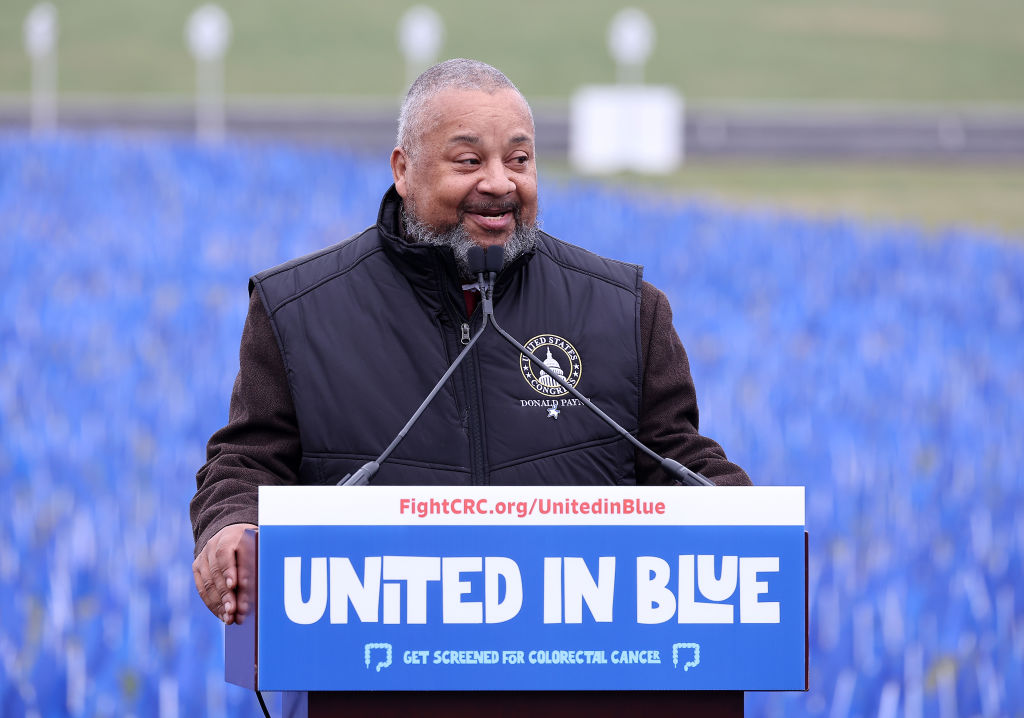George McGovern, whose death was announced this weekend, is being remembered for his work in the U.S. Senate and for being a consistent, outspoken voice on progressive causes.
But he also provided one other significant service to the country: when he ran for president, he lost big.
Despite his other accomplishments, the liberal senator will always be remembered for losing in a landslide to President Richard Nixon in 1972. That loss was a public service of sorts because landslide elections, to put it bluntly, are good for America.
Why? Two big reasons. Decisive verdicts from the voters offer clear mandates for the party that wins; this makes it easier to break through gridlock and get things done.
And, as a poiltical matter, landslides are unifying, not divisive. Close elections can divide us -- and create incentives for gamesmanship and controversy over elections that can lead to lasting hard feelings. Think Bush-Gore 2000.
McGovern's death reminds us of the unfortunate development that landslides are in decline.
Our presidential elections are now razor-thin in this era. The 2000 and 2004 elections were extremely close, and polls suggest this year's contest will be extremely close too.
U.S. & World
All these close elections have fueled what the UC Irvine election law expert Richard L. Hasen calls "The Voting Wars" in his new book of the same name. Parties and politicians seek every advantage and opening in the voting system that they can; conspiracy theories about votes and elections have flourished.
So in remembering McGovern, we might all say a prayer -- a special prayer that Hasen calls the prayer of election administrators: Please, Lord, don't let the election be close.



